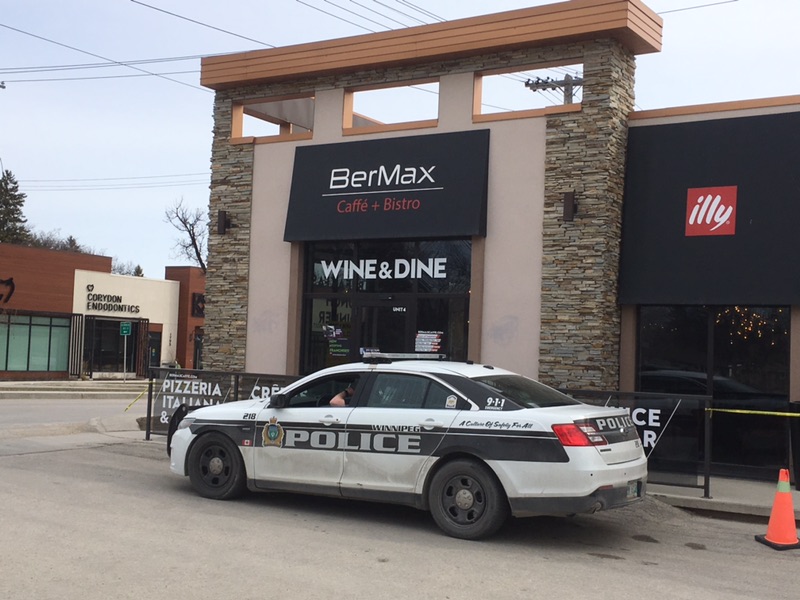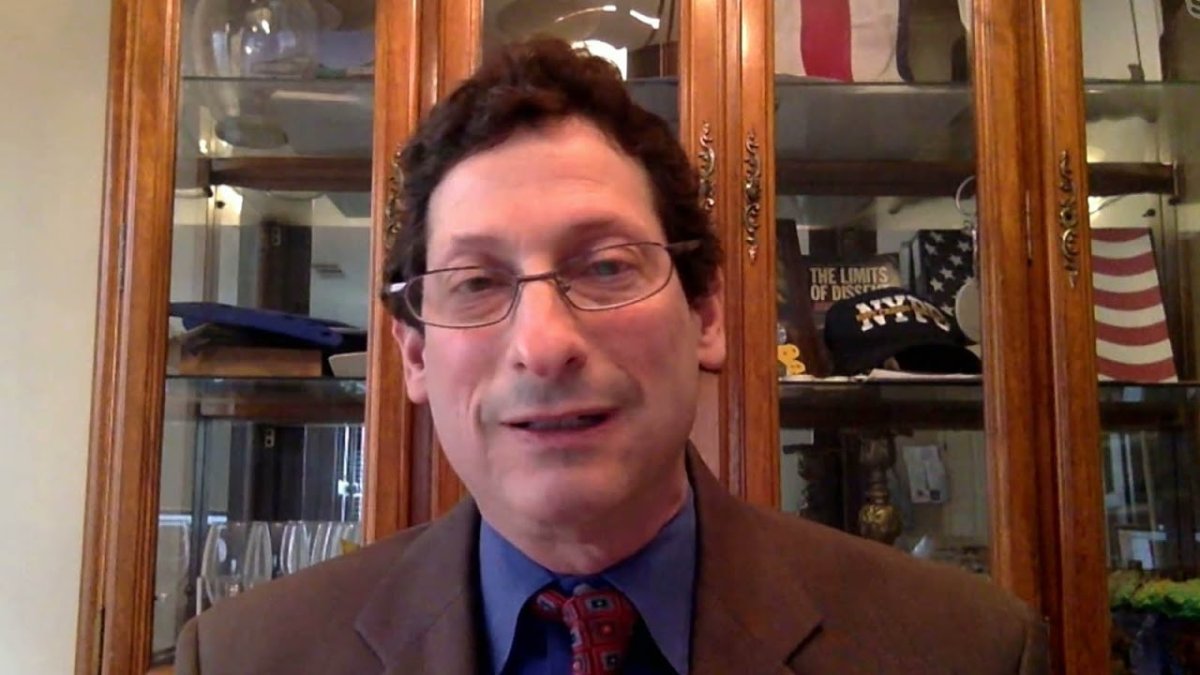The arrest of three local cafe owners for allegedly staging a hate crime at their own establishment has a lot of Winnipeggers talking – but how common are false reports of hate crimes?

According to a U.S. hate crimes expert, not very.
The Center for the Study of Hate and Extremism’s Brian Levin told 680 CJOB that of the almost 7,800 reports of hate crimes in his country last year, only seven were proven to be false reports.
Levin said even false reports, however, can have a devastating impact on the communities targeted.
“Hate crimes cut in a really jagged way through communities,” he said.
“Generally, the same kind of damage to civil cohesion – at least in the intermediate to short-term – occurs when communities feel that they’re under attack.
“The fact that it later turns out to be fraudulent doesn’t relieve that offender for having the moral responsibility of making people feel terrorized. If you do it intentionally because you want to terrorize Jewish people, or you’re doing it for some other motive but the effect is the same, I think there should be significant punishment.”
Levin said his organization has seen a rise in hate crimes worldwide, including Canada, and that while there’s a very small number of hoax reports, those reports do tend to increase at times when hate crimes increase in general.
“Canada is known as a tolerant country. I oftentimes use Canada as a model when I go around the world talking about doing things right,” he said.
“Canada has really led much of the world in responding to hate crime… but Canada was up (in terms of hate crimes) 47 per cent from 2016. Germany’s up. Greece – up. Hungary, UK, Poland, all up.”
Levin said the global rise in hate crimes is due, in part, to an increase in political fragmentation, as well as dramatic demographic changes and the rise of white nationalism in many parts of the world, along with the Internet making spreading hate much easier.
He said he’d like to see more severe punishment for people who commit these crimes, as well as those who make false claims.
“I think for those folks who are doing this – who are doing false reports – they should have the book thrown at them.”
WATCH: Former refugee talks about continued hate he faces in Winnipeg









Comments